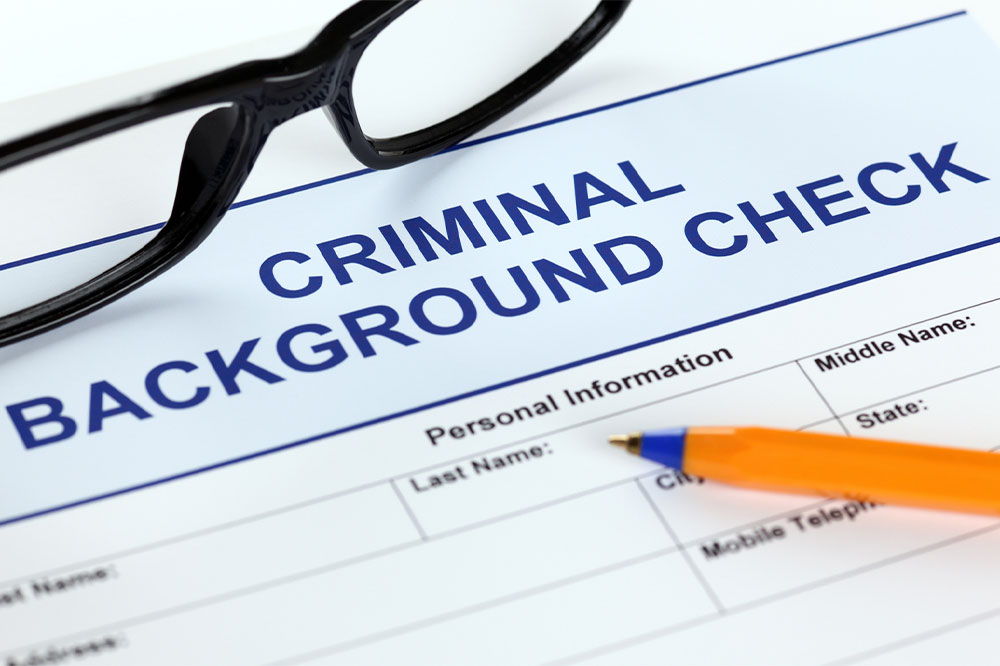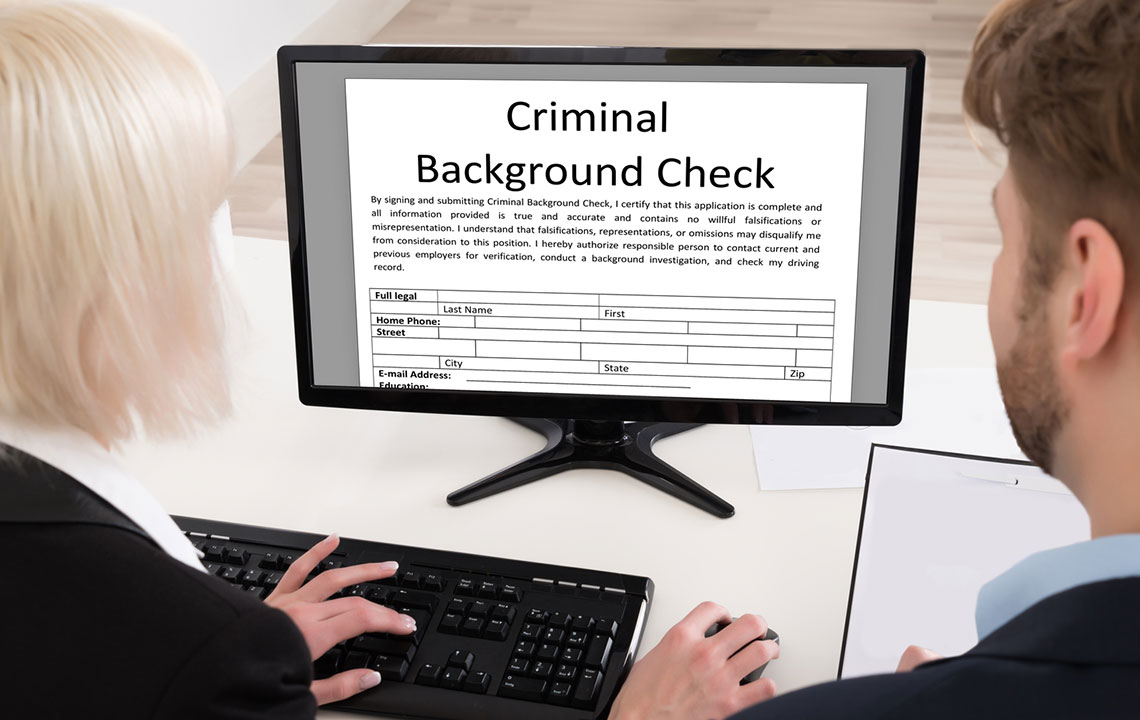Comprehensive Guide to Checking and Managing Your Criminal History for Better Opportunities
This comprehensive guide provides steps to check your criminal record, explains the differences between sealed and expunged records, and offers strategies to improve your background profile. Understanding your criminal history is essential for personal development, employment prospects, and lawful reintegration. Learn how to access, challenge, and manage your record effectively to open new opportunities and rebuild trust. Stay informed about legal processes and resources that can help you achieve a clean background and a better future.

Comprehensive Guide to Checking and Managing Your Criminal History for Better Opportunities
Understanding your criminal record is a crucial step towards personal rehabilitation, security, and professional growth. Whether you're applying for a new job, seeking housing, or simply want to know your background status, knowing how to check and manage your criminal history can open doors to new opportunities and give you peace of mind. This extensive guide will walk you through the types of criminal records, how to access them, and ways to handle and potentially clear your record, helping you regain control over your future.
If you're considering reviewing your criminal history, it's essential to understand the different types of records. The categories include sealed, expunged, and public records. Each category has distinct access levels and legal implications. Sealed and expunged records are primarily restricted and accessible only by authorized agencies such as law enforcement or courts. Conversely, public records are accessible to anyone interested in viewing them. Recognizing these distinctions will help you determine the best approach to check your own record and understand what information is publicly available or legally protected.
Understanding the Difference Between Sealed and Expunged Records
One of the most common questions is the difference between sealed and expunged criminal records. Expungement is a legal process that results in the complete deletion of arrest or conviction records. Once expunged, these records are essentially indistinguishable from records of individuals who have never been apprehended by law enforcement, providing a clean slate and enabling you to move forward with fewer hindrances. Sealed records, on the other hand, hide your criminal history from public view but aren't permanently erased. They can be reviewed or unsealed if a court order is issued, which means that under certain circumstances, authorities or legal entities can access this information. Laws governing these processes vary widely depending on your jurisdiction, so it's vital to consult local laws or legal professionals to understand your specific rights and options.
Accessing your criminal record requires contacting the appropriate agency or authority that maintains such information. For sealed and expunged records, a court authorization or legal request is generally necessary. Public records can usually be obtained through local police departments, state agencies, or federal organizations like the FBI. Knowing the proper channels and procedures ensures you can obtain accurate information efficiently and securely.
Here are detailed steps to access your FBI criminal record online, which is a common route for comprehensive background checks:
Step 1
Visit the official FBI Electronic Criminal History Record Check website or the designated portal for identity record checks. Ensure you're on official government sites to prevent scams and protect your privacy.
Step 2
Carefully follow the instructions to complete the required forms. You will need to provide your fingerprints, which can often be taken at local police stations or authorized fingerprinting centers. Payment of applicable fees is necessary, and you can usually pay online or via mail. Once submitted, you can track your request’s status online, and results are typically received electronically or by mail.
If you prefer mailing your request, send it to: FBI CJIS Division – Summary Request, 1000 Custer Hollow Road, Clarksburg, WV 26306. Additionally, private companies authorized by the FBI can expedite the process for U.S. citizens by submitting requests on your behalf, although they may charge service fees and typically do not handle employment or licensing background checks. If no criminal record exists, you'll be notified accordingly. Moreover, if you find inaccuracies or outdated information in your record, you have the right to challenge and correct it through the appropriate legal channels, ensuring your report reflects a true and fair history.
Strategies for Clearing or Improving Your Criminal Record
Completely removing all criminal charges from your record is a complex and often challenging process. While complete erasure is rare, efforts such as rehabilitation, consistent employment, and responsible behavior can significantly improve your profile. Demonstrating stability and a commitment to change can help rebuild trust with employers, landlords, and other institutions.
Participating in specialized rehabilitation and reintegration programs designed for ex-offenders can provide vital resources and support to facilitate a successful transition back into society. These programs often include job training, counseling, drug or alcohol treatment, and legal assistance, all of which contribute to a positive change in your personal and professional life.
Understanding the importance of background checks is vital, especially when applying for positions in sensitive sectors like education, healthcare, finance, government, and technology. For example, teaching roles and government positions usually require clean criminal histories, with disqualifications often for violent, sexual, or serious felony offenses. Knowing this can help you tailor your efforts toward reform and demonstrate your suitability for desired roles.
Reviewing your criminal record regularly is one of the best ways to stay informed about your background status. It helps to identify any errors or outdated information, giving you the opportunity to correct inaccuracies and present an honest, up-to-date record. Being proactive not only enhances your chances of securing employment and housing but also empowers you to take control of your personal narrative. Remember, every step taken towards clearing or managing your record is a step towards rebuilding trust and opening new doors to better opportunities. Starting today, educate yourself about your rights, seek legal advice if necessary, and take practical steps to shape a brighter future.




